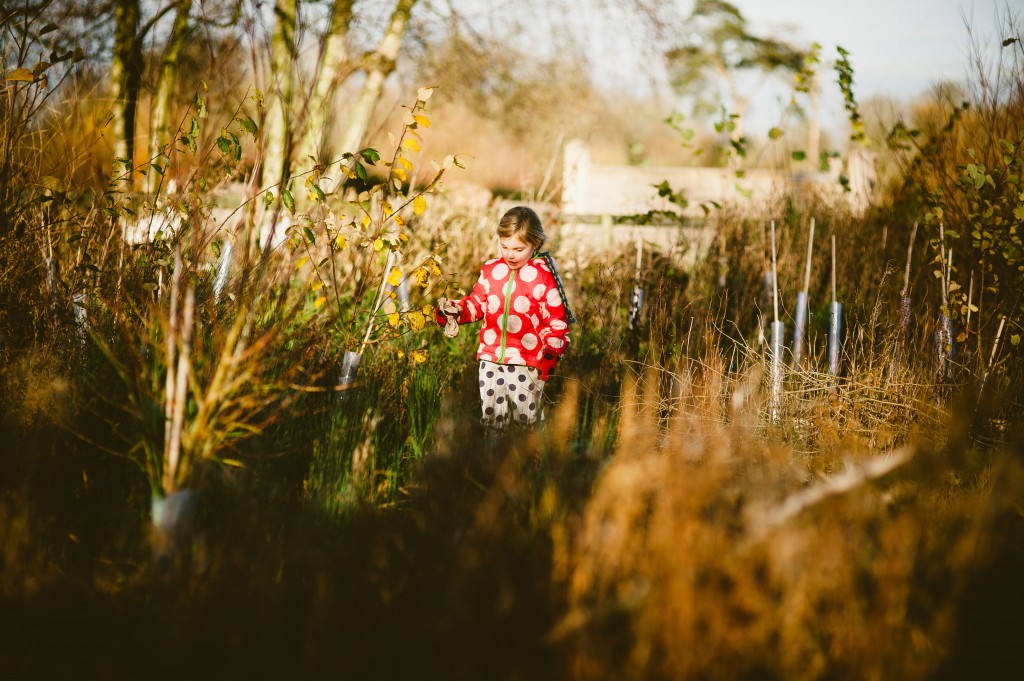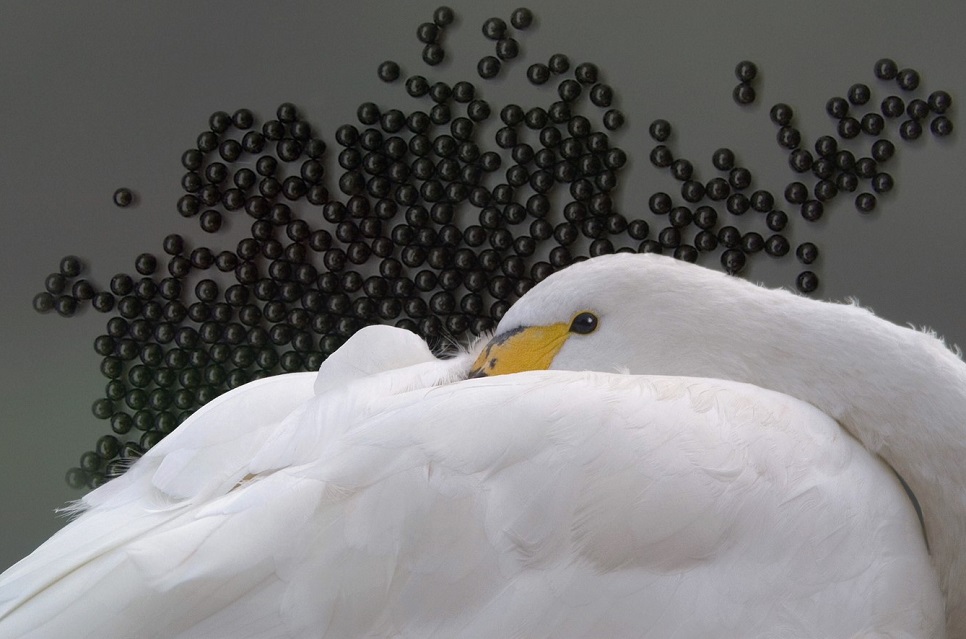WWT and Project Wild Thing connect children and nature
WWT wetland centres are offering families a safe place for your kids to take a first step into nature, following several research papers* confirming children are becoming disconnected from the natural world they live in.
Figures show:
- More than 70 per cent of children don’t undertake the recommended daily hour of physical activity.
- Fewer than one in 10 kids regularly play in wild spaces, compared to about half a generation ago.
- Two thirds of parents believe their children have less freedom to roam than free-range chickens
Public Health England says this leads to higher levels of emotional distress, anxiety and depression in young children. But computers are now a key part of young people's everyday life, and parents are understandably reticent for their children’s safety to be risked if they go down their local woods or river.
So WWT’s nine wetland centres across the UK are giving families a chance to get outside and experience the sights, sounds and smells of nature, with guaranteed wildlife experiences and dry areas with food, drinks and loos on hand.
Wetlands have more wildlife than any other landscape in Britain. Kids can meet our resident ducks, swans and geese at many of our wetland centres and have fun feeding them. Nature is constantly changing – at different times of year there are frogs, dragonflies, ducklings and amazing wildflowers.
At the moment you can see wild “super swans” and “super geese” who have flown thousands of miles from the arctic wilderness to visit our wetland centres!
At different centres you can canoe with kingfishers, bike-ride on safe paths through beautiful wetland landscapes, build dens and generally run about and have fun, or relax in a natural setting. Click hereto see which is your closest wetland centre and what there is to see and do there.
WWT is joining with 370 organisations across the UK to promote Project Wild Thing – a campaign to invite kids to swap 10 minutes of “screen-time” a day for 10 minutes of “wild-time”. A feature film premiers at independent cinemas across the UK this weekend, with a wide variety of organisations introducing the film to cinema-goers (our wonderful WWT staff are introducing the films at Cross Hands Hall, Carmarthenshire, and the Aubin Cinema in London). Click here for the full list of cinema venues .
WWT has loads of great things to say about getting kids learning and playing in nature – but the winner of our recent Scott 100 letter-writing competition, Brent Astley Richards from South Wales, says it best in his winning letter written to the children of Great Britain:
“Many of you love your computers so to start with, look up wild birds, wild flowers, insects and wild animals and see what an immense variety surround us. Did you know for example that we have the fastest creature on earth here in the UK and it can be seen in most cities. It’s the Peregrine Falcon and it can reach speeds of over 180mph. We have snakes, lizards, bats, a moth that looks like a Humming Bird, a bird that walks along the bottom of rivers and one that flies nonstop for more than three years, all things that you could see. All you have to do is switch off your computer and go for a walk.”
*Research Sources:
Gaster, S. (1991) Urban Children’s Access to Their Neighbourhoods: Changes Over Three Generations, quoted in Louv, R. (2005) Last Child in the Woods, p123; two thirds of parents now believe that their children have less freedom to roam than free-range chickens (ICM poll for Playday, 2010).
Time playing outside during the week and at weekends has halved in one generation and children are more inclined to stay indoors and watch television, play computer games and even do their homework, than go outside to play, (JCB Kids Fresh Air Campaign, 2013) and fewer than 1 in 10 children regularly play in wild spaces, versus about half a generation ago, (http://www.naturalengland.org.uk/Images/Childhood and Nature Survey_tcm6-10515.pdf)
Reports published over the summer about the impact of an inactive and indoor lifestyle on children: British Heart Foundation and the University of Oxford (http://www.bhf.org.uk/default.aspx?page=16375); and Public Health England (http://www.theguardian.com/society/2013/aug/28/children-health-tv-computer-games.


